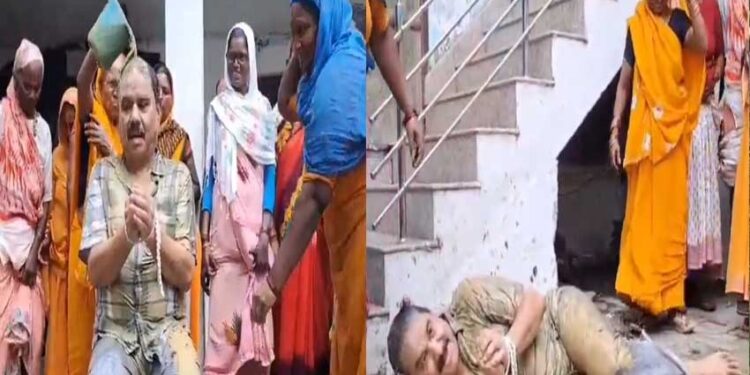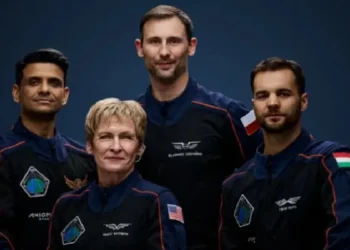Bhagwaticharan Verma (English: Bhagwaticharan Verma, born- 30 August, 1903, Uttar Pradesh; died- 5 October, 1981) was a prominent writer of the English world. He worked mainly in the field of writing and journalism. As a poet, Bhagwaticharan Verma’s radio plays ‘Mahakal’, ‘Karna’ and ‘Draupadi’ – which were published in the form of a compilation named ‘Tripathaga’ in 1956, are his special works. Although his famous poem ‘Bhainsagadi’ has its own importance in the history of modern English poetry.
Famous English writer Bhagwaticharan Verma was born on 30 August 1903 in Shafipur village of Unnao district, Uttar Pradesh. He passed BA, LLB examination from Allahabad University. Bhagwaticharan Verma ji worked mainly in the field of writing and journalism. In between, he was also associated with films and radio. Later, he settled in Lucknow, adopting the profession of freelance writing. He was made an honorary member of Rajya Sabha.
Whether one agrees with him or not, whether one accepts that he is primarily a novelist and has lost his attachment to poetry. Most of his admirers will accept that Varmaji’s connection with poetry has indeed been severed, or it may be so. The natural voice of his soul is that of poetry, his personality is a refined and polished form of poetic carefreeness, colourfulness and fun. He was not confined to the boundaries of any particular ‘ism’ for long. He has explored, observed, tried to understand and adopt almost every ‘ism’ one by one, but his natural love for freedom, romantic restlessness, carefreeness and fun, always inspired him to break the walls of ‘isms’ and come out, and along with inspiration, he also got the ability and power to implement it. This carefreeness and romantic fun on one hand breathes life into his work, irrespective of the genre, but on the other hand it also makes him a little careless about its craft. He is a supporter of rhyming poetry and considers only that as poetry, but this is a light, sweet joke of destiny on his innate love for freedom.
Bhagwati Charan Verma is not a preacher, nor did he ever aspire to sit on the seat of a thinker. He remained a believer in simplicity throughout his life, which was a major feature of post-Chhayavad English literature. After testing one ‘ism’ after another, as soon as he was convinced that he could not have a natural relationship with it, he left it and moved forward singing, dancing, laughing and making others laugh. His natural affection towards himself, his ‘ego’ remained intact. Taking him on many crooked paths, his ‘ego’ took him to many places in search of his natural religion and natural religion. His literary life began with poetry and also with Chhayavadi poetry, but neither was he attracted towards the bodiless foundations of Chhayavadi poetic experience, nor could he ever adopt its extreme softness. Similarly, he was never able to bind himself completely and for a long time in other ‘isms’ also. He was always so honest towards his ego that he never tried to bind himself forcibly. He never considered someone else’s beliefs as his own without believing in them himself. He never borrowed ideas or philosophy from anywhere. He never tried to see things differently from what they were.
Bhagwati Charan Verma may be primarily a novelist or a poet, but he has become more famous as a novelist, especially because of ‘Chitralekha’. ‘Teen Varsh’ is the story of the mental agony of a youth who is misled by the dazzle of the new civilization. Through the characters of Teen Varsh and Crooked Paths, which are often mechanically driven in the political and social background, the author tries to show that the inspirations behind the feelings that appear high and lofty in the eyes of society are nothing but the result of the very common selfishness and the mean mentality of greed. Aakhiri Daat is the story of a gambler’s failed love and Apne Khilone (1957 AD) is a satirical attack on the ‘Modern Society’ of New Delhi. His biggest and most successful novel is Bhoole Bisre Chitra (1959), in which, with the artistic truth of feeling and sentiment, he has made a poignant depiction of three generations in the background of the three eras of India’s freedom movement. Bhagwati Charan Verma died on October 5, 1981.










